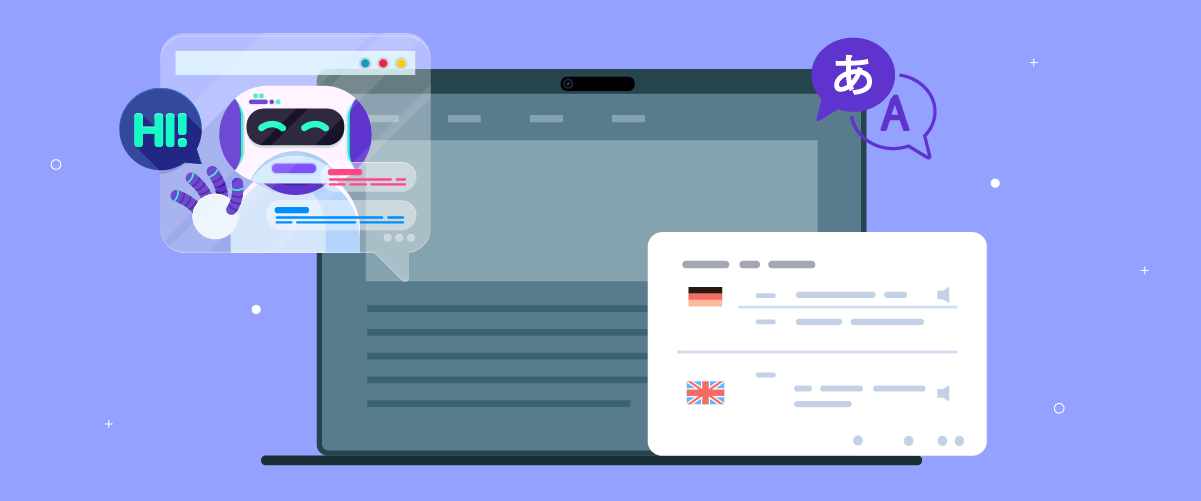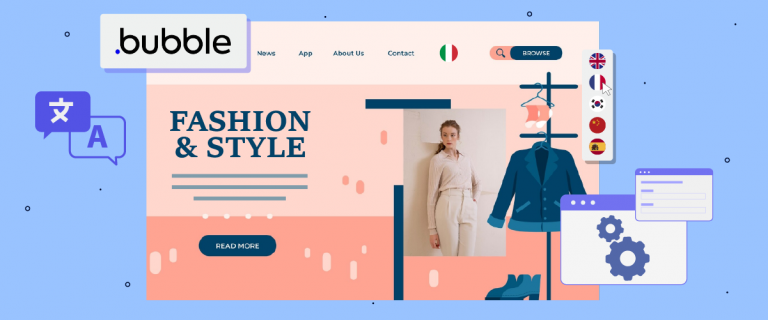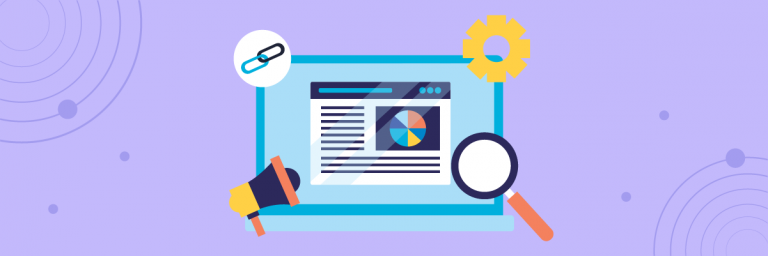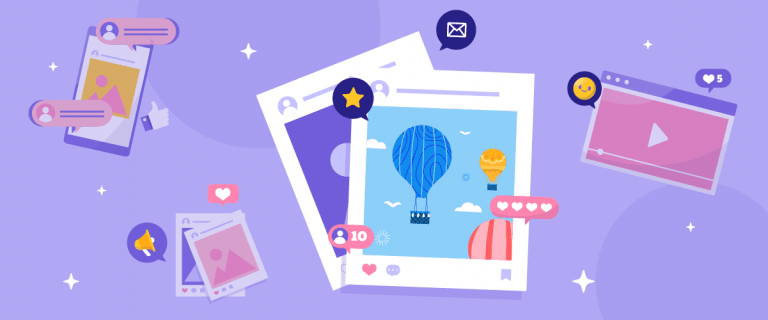A few years ago, translating a document from one language to another was a time-consuming and often inaccurate task. But today, AI has transformed this process, making it faster, more accurate, and accessible to everyone. AI technology can now translate quickly and help us overcome language barriers in an instant.
However, despite its speed and efficiency, AI still has its challenges, especially in capturing cultural context and language nuances. So, how exactly is AI changing the game in the world of translation? Let’s take a deeper dive!
Will AI replace human translators?

This question is likely on the minds of many translators. Although AI has brought significant changes to the translation industry, the answer isn’t as simple as a straightforward ‘yes’ or ‘no.’ Let’s dive deeper into the dynamics of the relationship between AI and human translators.
The advancements in AI technology for translation are indeed impressive. However, AI still faces significant challenges in understanding cultural context, idioms, and language nuances. An article from the International Association of Professional Translators and Interpreters (IAPTI) said, “since the 1950s, we have been promised 100% reliable machine translation, but as of 2020, this has not been achieved.” Human translators are still needed, as artificial intelligence has yet to fully replace human intelligence in many types of translation.
For example, translating marketing materials, creative content, or legal documents that require deep interpretation still heavily relies on human translators’ expertise. Rather than replacing translators, AI has actually created new job opportunities for translation professionals. New roles, such as linguistic AI consultants and AI localization specialists, are also emerging.
AI has transformed the way the translation industry operates, making it more efficient. For instance, a 10,000-word technical document that would typically take a week to translate can now be completed in 2-3 days with AI assistance without sacrificing quality.
In conclusion, AI will not completely replace human translators but will instead transform the translation industry to become more efficient and productive.
Key AI technologies transforming translation
Here are some AI technologies that are profoundly changing the translation landscape.
Neural machine translation (NMT)
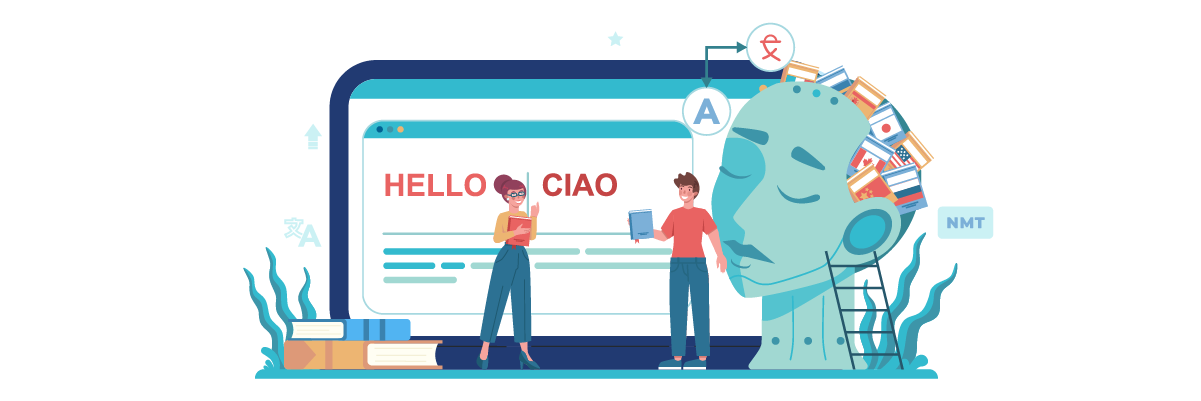
One of the technologies in AI is deep learning. Neural machine translation and deep learning share a close, complementary relationship in the revolution of modern translation technology. Imagine deep learning as the “brain” providing intelligence to translation systems, while NMT is a specific application that uses this intelligence for language translation.
In practice, NMT is built on the foundation of deep learning technology, using complex artificial neural networks to process language. Deep learning enables NMT to learn from millions of translation examples, continuously analyzing and understanding new language patterns and adapting to changes in everyday language use.
Thanks to deep learning! NMT can grasp cultural nuances, recognize idioms, and produce translations that sound more natural and contextual. For instance, when translating the phrase “it’s raining cats and dogs,” the system does not translate it literally but understands it as an idiom, meaning “it’s raining heavily.” This adaptive ability continues to evolve, making translation systems increasingly intelligent and accurate in understanding various forms of human communication.
Voice translation services

This technology combines speech recognition capabilities with neural machine translation, creating a system capable of translating conversations in real time. It facilitates cross-language communication, enabling people from different language backgrounds to communicate directly without language barriers. One familiar tool for users is Google Translator.
Using advanced deep learning algorithms, Google Translator can understand various aspects of spoken communication – from conversational context to accent variations. The output is then available in both text and audio forms, providing flexibility in its usage.
Users can easily access this feature anytime and anywhere, making international communication easier than ever before.
Subtitle translation automation
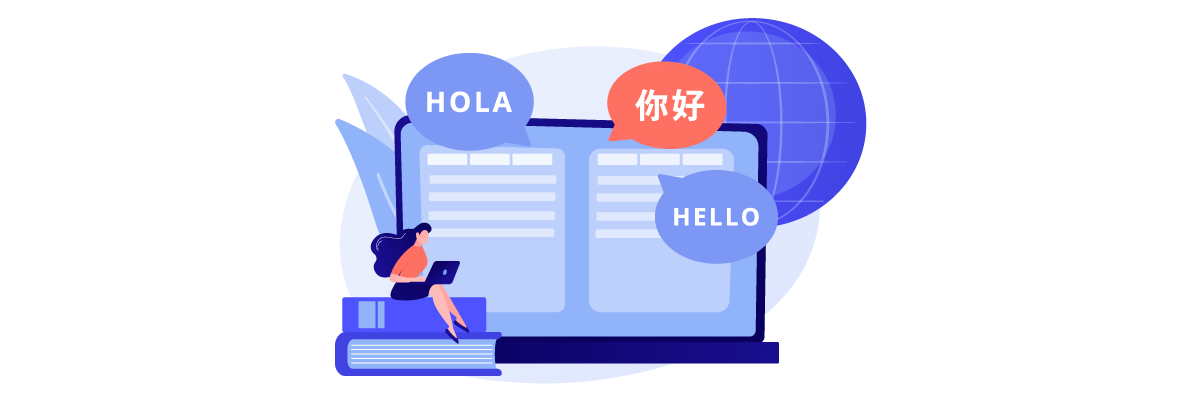
This technology allows for automatic subtitle translation across various types of video content, from movies to online educational content. Platforms currently available, such as Moovly, Subtly, and DeskDub, demonstrate how AI can speed up the video content localization process quickly and efficiently.
Although most systems today still focus on major languages like English and Spanish, the technology continues to expand to cover more languages. The localization process, which previously took days, can now be completed in hours.
Instead of investing significant resources in translation from scratch, content creators can use AI-generated translations as a foundation, which they can then refine through manual editing.
Benefits of AI in translation

After knowing what technologies AI has and is using in the current era of translation, you need to know what benefits AI can provide in the field.
Speed and cost efficiency – AI-powered translation services like Google Translate have significantly improved the speed and cost-efficiency of the translation process. By automating the translation workflow, businesses can now access high-quality translations in a matter of seconds rather than waiting days or weeks for human translators to complete the work. This enables companies to quickly and cost-effectively expand their reach into new global markets, accelerating their international growth and communication.
Big data and improved contextual understanding – By analyzing millions of translation samples, these systems can identify common patterns, idioms, and nuances that were previously difficult for rule-based translation engines to capture. This deep understanding of context allows AI translators to produce more accurate and natural-sounding translations, ensuring the intended meaning is conveyed effectively across languages.
Enhanced consistency across translations – Unlike human translators, who may interpret and render content differently, AI-powered translation engines maintain a standardized approach to translating content. This consistency is particularly valuable for businesses that require uniform messaging across all their localized materials, ensuring brand voice and tone are preserved as content is adapted for global audiences.
Challenges associated with AI and machine translation
While AI has brought tremendous changes to the field of translation, there are still some challenges it has to face and limitations it has. Here are some of them.
Quality vs cost balancing act
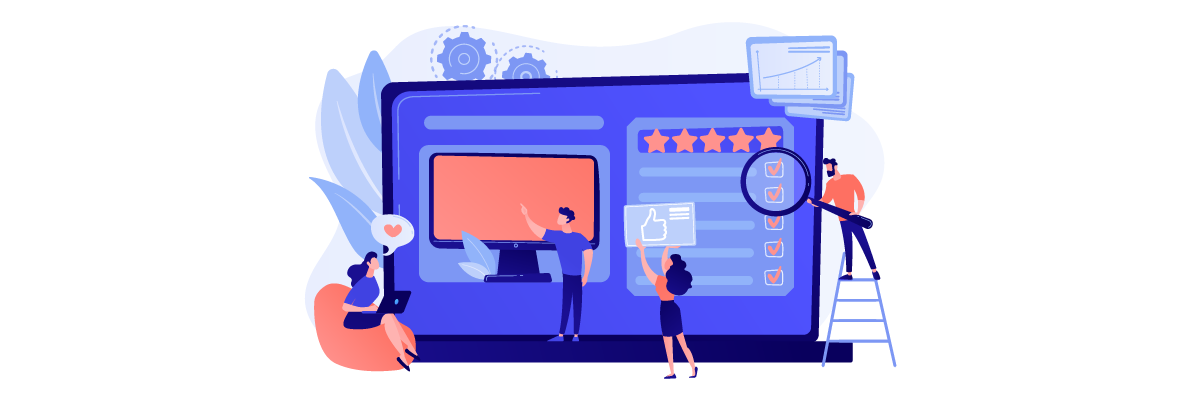
Despite advancements in Machine Translation (MT) quality, a delicate balance between quality and cost remains a significant challenge. On average, MT costs around $0.10 per word, which is significantly lower than the $0.22 per word for human translation. However, the quality of MT still falls short of human translation, especially when dealing with idiomatic expressions, cultural references, and nuanced language that require human interpretation and expertise. Organizations must carefully weigh the cost savings of MT against the potential loss in translation quality, particularly in high-stakes scenarios.
Bias and ethical concerns
The effectiveness of AI and machine learning algorithms in translation heavily depends on the quality of the training data. If the data used to develop these systems is biased, the resulting translations can also carry unintended biases. This becomes a critical concern when translating sensitive or politically charged content, as inaccurate translations can have severe repercussions and perpetuate harmful stereotypes or misunderstandings.
Accessibility challenges
While machine translation can help break down language barriers, it can also inadvertently create new ones if the translations are unclear or difficult to comprehend. Complex or technical language can pose a significant challenge for machine translation, leading to translations that are hard for the target audience to follow or understand. This is a particular concern when providing information or services to diverse communities with varying levels of language proficiency.
More people are turning to machine translation
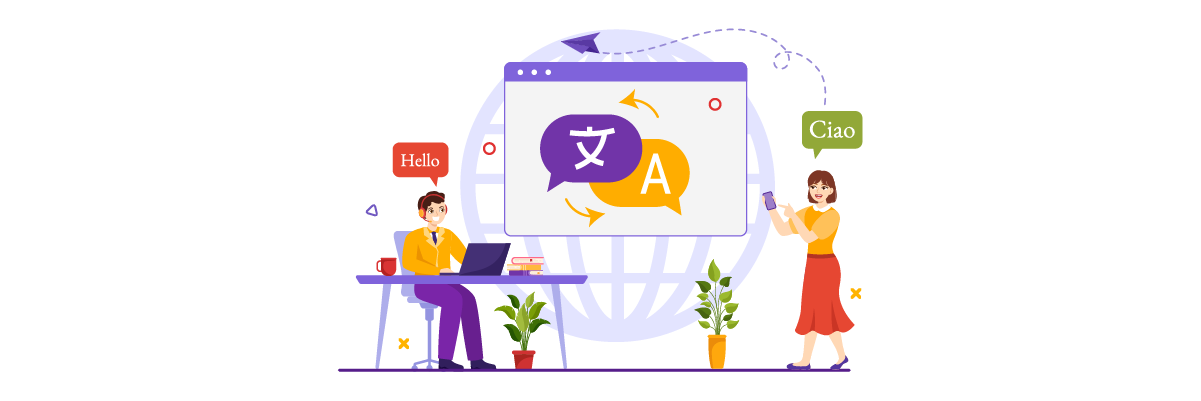
The development of machine learning and AI has changed the role of human translators in the industry, but it is not completely replacing them. Instead, it opens up new opportunities for translators to act as editors and proofreaders who ensure AI translations are contextually appropriate and accurate.
Especially for critical fields such as law and healthcare, the combination of AI speed with human precision creates an ideal solution – where AI produces initial translations quickly. In contrast, human translators fine-tune the results by taking into account language nuances, cultural context, and specialized terminology that AI may not catch.
Increase your quality AI translation and localization with Linguise
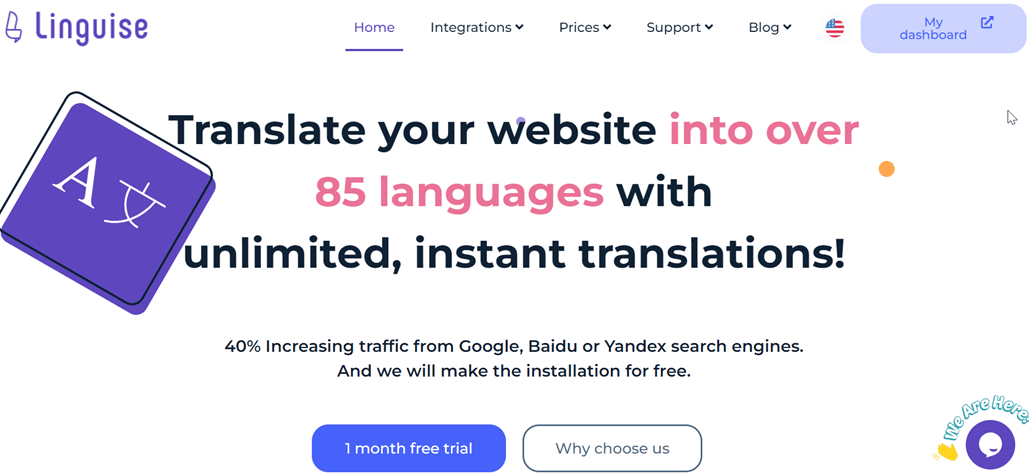
While AI translation offers speed and cost efficiency, it often struggles with consistency across languages and the nuanced localization needed for culturally rich content. This can lead to translations that fail to resonate effectively with the target audience. This is particularly crucial for website translation, where maintaining brand voice and user experience across different languages is essential. To learn more about the impact of AI in website translation, check out our article on AI translation and its advantages in website translation.
Consider using Linguise to enhance translation quality. With Linguise’s automatic translation, you get fast translations with refinement features that ensure better localization and consistency. Linguise maintains cultural context, making translations reliable for global markets.
Key benefits of Linguise for post-editing AI translation:
- Deep localization capability – Adapts content to local cultural contexts, preserving language nuances and optimizing content for specific target markets.
- Live editor for post-editing – Built-in translation editor for manual adjustments, allowing collaboration with external translators.
- Quality control – Includes tracking and revision history to monitor translation changes.
- Multi-platform support – Compatible with various content formats and integrates with over 40 popular CMS and web builders.
Conclusion
AI technology in translation is already a game changer, providing speed and efficiency that is hard to match. However, as we’ve discussed, AI still has challenges in capturing cultural nuances and deep context. This is where the role of human translators remains important to ensure the quality and accuracy of the translation. Solutions like Linguise are here to bridge the gap by providing real-time localization, consistency, and editing features so that translations are not only fast but also relevant to your audience.
If you want to improve translation quality with advanced AI technology, try Linguise! Sign up Linguise and experience the benefits of delivering high-quality automated translations that stay in tune with your market needs.

